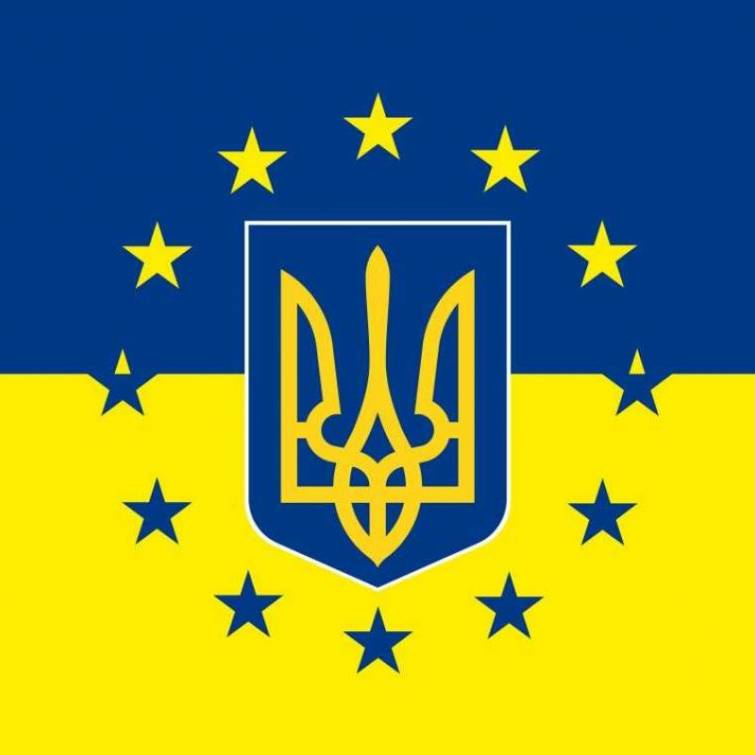"Lublin triangle" published a declaration regarding the ban on Russian agricultural products

In Warsaw, during another meeting within the "Lublin triangle" with the participation of representatives of the agrarian committees of the parliaments of Lithuania, Poland and Ukraine, a declaration was signed on the ban on the import of agricultural products of Russian and Belarusian origin into the EU countries, as well as the ban on the transit of all Russian and Belarusian food through the countries EU.
As Deputy Chairman of the Parliament's Committee on Agrarian and Land Policy Stepan Chernyavsky reported, the document calls on the leadership of the EU and member states to take the initiative to ban the import of agricultural products of Russian and Belarusian origin into the EU and to consider banning the transit of Russian and Belarusian agricultural products through the EU. It is also proposed to consider limiting the access of Russian producers to the world's advanced technologies and equipment and to implement interventional systems for the purchase of surplus grain on the market.
At the same time, unscrupulous trade practices in future trade between the countries can be limited and assistance to Ukraine in restoring its position on the world market by unblocking sales channels can be recorded.
According to Stepan Chernyavskyi, Latvia and Estonia should also be invited to the "Lublin Triangle" at the moment. It is precisely through these countries that Russian agricultural products can potentially be exported and transited, so it is necessary to introduce a collective ban on the export and transit of all agricultural products from Russia and Belarus across the border of Poland, Lithuania, Latvia, Estonia and Ukraine as soon as possible.
"Europe will definitely benefit from this, because the pressure on its internal prices for agricultural products, which is currently also being formed by the influx of agricultural products from Russia, will significantly decrease," Stepan Chernyavskyi believes.
It should be noted that on March 8, the Polish Seimas adopted a resolution on the introduction of sanctions in connection with the import of Russian and Belarusian food and agricultural products to the European Union. Later, on March 14, the Seimas of Lithuania adopted a resolution calling for a ban on grain imports from Russia and Belarus at the European level.
Recently, at the beginning of June, the Council of the European Union adopted a resolution that imposed tariffs on grain and oil crops and processed products from Russia and Belarus. As noted, the specified duties will amount to 95 euros for 1 ton of grain and 50% per ton of oilseeds. This indicator in practice indicates the cessation of the import of these products. The aforementioned resolution increases import tariffs on grain, oil and derived products, as well as on beet pulp granules and dried peas from Russia and Belarus. Currently, importers pay no or low duties on them. In addition, these goods will be deprived of access to the tariff quotas of the European Union. The new tariffs are aimed at practically stopping the import of grain from the mentioned countries to the European Union. Thus, these measures will prevent the destabilization of the European grain market, stop Russian exports of illegally appropriated Ukrainian grain, and prevent the aggressor from using revenues from exports to the European Union to finance the war against Ukraine. The adopted decision will enter into force on July 1 of the current year.
At the same time, European countries are studying the possibility of introducing prohibitive tariffs not only on grain crops, but also on any other food products originating from Russia and Belarus. As stated by the Minister of Foreign Affairs of Belgium, Aja Lyabib, the customs duty already introduced by the European Union on grain and oilseeds from the Russian Federation and Belarus is a tool to combat the sale of grain stolen in Ukraine.
In turn, Russia will look for other markets for these products. As the head of the Ministry of Agriculture of Russia, Oksana Lut, said, the EU's introduction of a barrier duty on Russian grain did not come as a surprise, and road maps for solving this issue are ready.
 Found a mistake on the site? Tell us:
Found a mistake on the site? Tell us:

 Telegram
Telegram